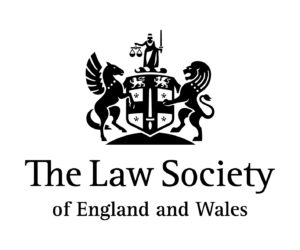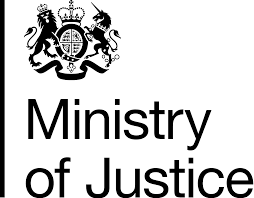Jury Trial – How Your Fate is Decided
A lot is said in the country about the benefits of a jury trial as opposed to trial before the Magistrates’ Court. It is argued that leaving a decision as to guilt or innocence in the hands of twelve people chosen at random is the fairest way to securing justice. How does a jury decide your fate?
There is a lot that we do not know about a jury trial
The process of how a jury reaches its decision is generally unknown however. Laws prevent us from examining real jury decisions and questioning jurors on their findings.
Although there have been lots of academic studies, in reality these shed very little light on the process of the decision making.
We do know the legal process that guides them in their decision making. Despite the lack of ‘hard proof’ as to the effectiveness of a jury trial, most lawyers actively support trial by jury.
The internet age
The power of Google and social network services such as Facebook or Twitter can present challenges. Recent publicity has highlighted cases in which jurors have sought information about a case or a defendant from these sources.
There is a good reason why certain information is withheld from a jury. This might include, for example, previous convictions of a defendant. Going behind explicit instructions not to discuss evidence with anyone other than a fellow juror when the jury is assembled, or seeking information from external sources, undermines the integrity of a jury trial.
For this reason, jurors will be given clear warnings throughout the trial process. The breaking of the rules can lead to a prison sentence for a juror.
A trial starts with twelve jurors
A jury trial will always start with twelve jurors. The trial can’t start with fewer jurors.
There are many reasons, however, leading to a trial not always finishing with twelve. Jurors may become sick and be unable to return. In some rare cases they may be removed from a jury due to some misconduct during the trial. As long as the number of jurors does not fall below nine then a lawful verdict can be reached.
The unanimous verdict
At all times, the Judge presiding over the trial will be seeking a unanimous verdict from the jury. This is a verdict upon which all of the jurors are agreed, whether that is guilty or not guilty.
In the early stages of jury deliberation a Judge is prevented by law from accepting a majority verdict. There will, however, be a time when a majority decision is permissible. The timing of when that will be will depend very much on the facts of the particular case.
When a majority verdict becomes permissible the jury will be brought back into court by the judge and advised accordingly. Even at that stage, however, the jurors will be asked to continue to try and arrive at a unanimous verdict if that is possible. If this is not possible, then a majority verdict will be acceptable.
Deadlock
In some cases it will become apparent to the Judge that the jury cannot reach a verdict, even a majority one. The Judge will often find this out because the jury will write a note explaining the situation. The contents of that note will usually not be shared with the advocates. This is because it will often ‘contain numbers’, meaning how many jurors are voting one way or the other. Such notes remain confidential in all jury trials.
When a deadlock occurs the judge will provide them with a ‘give and take’ direction. This calls upon all of the jurors to use their collective wisdom to reach a decision.
The Decision reached
If the jury reaches a unanimous verdict then the issue is settled. If not, and the time is appropriate for a majority verdict, a majority may be acceptable.
Whether a majority verdict is acceptable depends on the balance of votes. This will in turn depend on how many jurors remain deciding the trial.
The combinations are:
- Where there are 12 jurors: 11 – 1 or 10 – 2
- If there are 11 jurors: 10 -1
- When there are 10 jurors: 9 – 1
Where the jury falls to nine jurors, only a unanimous verdict will be acceptable.
If the verdict is not guilty, the defendant is free to leave court assuming that there are no other matters remaining to be dealt with. When the verdict is guilty, the judge will move on to consider sentencing the defendant.
Back to deadlock?
In the cases where, despite further deliberation, it becomes clear that the jury is deadlocked then the jury will be discharged. The trial will be over.
In these circumstances, the prosecution may either proceed with a new trial or abandon the trial. This may be because the trial has exposed weaknesses in the prosecution evidence.
How we can assist in your case
We know that the trial process can be difficult, both for our clients and their families. We will work hard at all stages of that process to explain what stage has been reached, what is going on and what will happen next.
It is your case and you ought not to be reduced to a mere bystander as the legal process occurs around you.
Because we are experienced trial lawyers, we do not lose sight of the person behind the proceedings.
Contact an expert lawyer for a jury trial
We offer Crown Court advocacy and litigation expertise from all of our six offices across the East Midlands. While we are most regularly preparing cases to be heard before Nottingham and Derby Crown Courts we provide nationwide coverage.

You can find your nearest office here. Alternatively you can use the contact form below.












